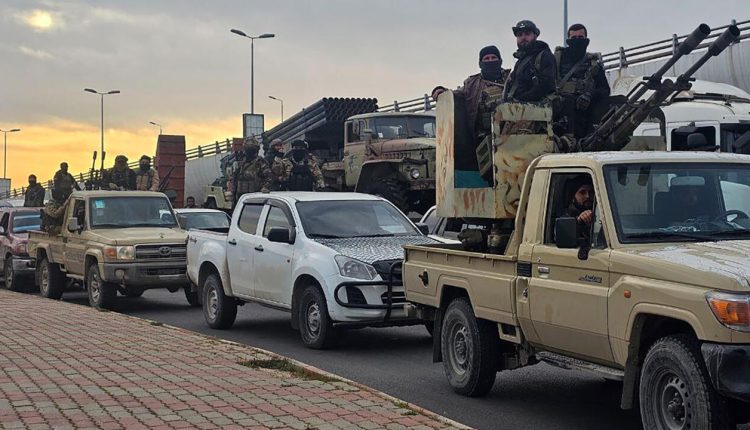
Damascus – SABA:
The number of victims of field executions carried out by Julani’s gangs in Syria’s coastal areas continues to rise daily, particularly targeting members of the Alawite sect since March 6.
The Syrian Observatory for Human Rights confirmed on Tuesday that the number of civilian casualties continues to increase due to the bloody events in the coastal regions, as well as sectarian and regional-based executions that have claimed hundreds of lives, including women and children.
Security forces, defense units, and their affiliated militias (under extremist factions) have committed war crimes and human rights violations with no legal deterrent against them.
On Monday, the Observatory documented the martyrdom of 120 Alawite civilians. The number of massacres in the coastal region and its mountains has reached 44 since the escalation began with attacks by Alawite militants on March 6 against security and defense forces, leading to retaliatory killings, field executions, and ethnic cleansing.
According to the Observatory, civilian casualties by province are as follows:
- Latakia: 598
- Tartus: 313
- Hama: 171
- Homs: 12
Latakia ranks first in the number of victims, followed by Tartus, then Hama, and lastly Homs.
The Observatory stated that these crimes are part of widespread retaliatory operations targeting Alawites, amid ongoing mass killings, home burnings, and forced displacements, with no international intervention to stop the massacres.
The death toll has been rising rapidly since armed groups intervened in support of security and defense forces. The total number of victims stands at 1,093 martyrs, detailed as follows:
- March 6: 1 martyr
- March 7: Tartus – 62, Latakia – 98
- March 8: Latakia – 227, Tartus – 55, Hama – 79, Homs – 5
- March 9: Tartus – 103, Latakia – 194, Hama – 6
- March 10: Latakia – 79, Tartus – 92, Hama – 86, Homs – 6
The Observatory also issued an urgent appeal to the "ruling groups in Damascus" to hold accountable the security and defense personnel responsible for the field executions, warning that impunity will encourage further crimes, threatening Syria’s political and social stability in a post-Assad era.